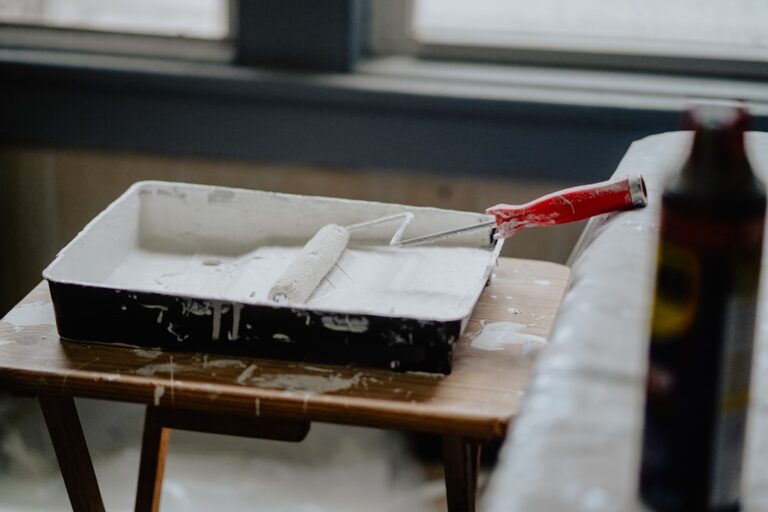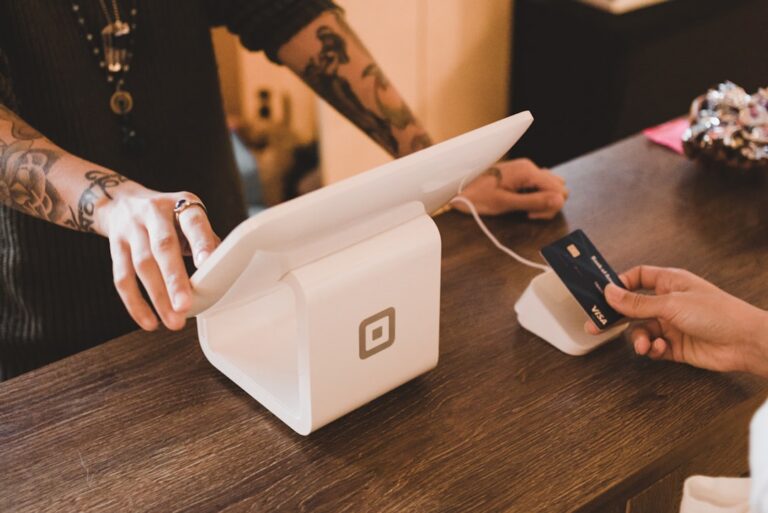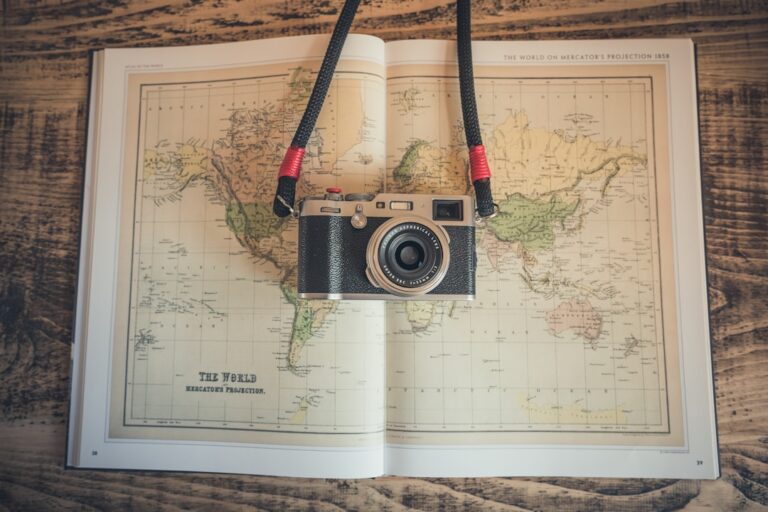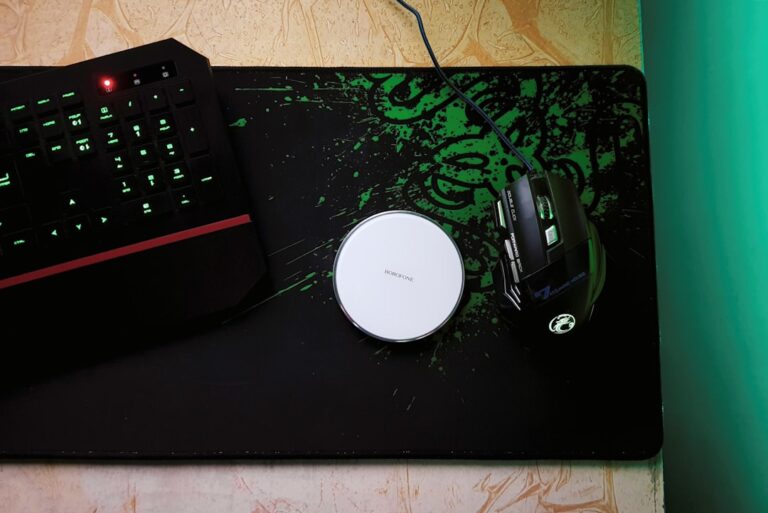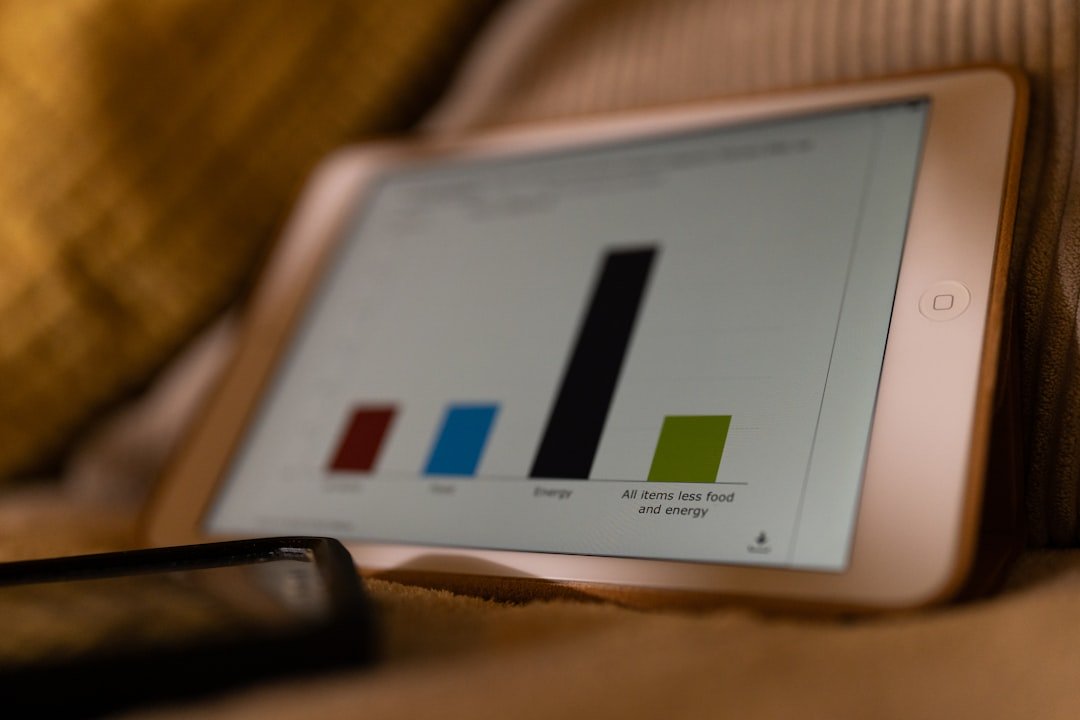
We all know that feeling: hours vanish scrolling through apps, your focus shatters from constant pings, and suddenly, you wonder where your day went.
I get it. Our devices promise to connect us, to make life easier, but sometimes they just overwhelm us. It feels like they've taken over. For a long time, my electronics felt like a demanding master rather than a helpful tool. I’d pick up my phone for "just a minute" and lose an hour. This digital chaos contributed to a bigger struggle with habits like gaming addiction and just plain laziness. It was a cycle that left me drained and unproductive. But I learned that managing our electronics isn't about giving them up completely. It’s about taking back control. It’s about making them work for you, not against you.
I found that by implementing some simple "hacks" I could significantly improve my focus, productivity, and overall well-being. These aren't about extreme digital detoxes, but about small, consistent changes that make a huge difference.
Define Your Digital Boundaries
This is where it all starts. Just like you set boundaries with people, you need to set them with your devices. Decide when and where certain electronics are off-limits. For me, my bedroom became a phone-free zone after a certain hour. This simple rule helped me significantly improve my sleep and reduce that urge to scroll late into the night. It also made space for other things, like reading or just quiet reflection.
Audit Your Notifications
Think about it: every buzz, ding, or flash pulls your attention. Most notifications are not urgent. Go through your phone and computer settings. Turn off anything that isn't absolutely critical. I mean anything. I used to get notifications for every email, every social media like, every game update. Once I stripped them back to only truly essential work messages or calls, I felt a huge mental shift. My focus improved dramatically during my deep work sessions.
Declutter Your Home Screen
Your phone’s home screen is prime real estate. Treat it like that. Only keep the apps you use constantly and constructively on your main screen. Hide the rest in folders or off to the side. The fewer distractions you see, the less likely you are to tap into a time-wasting app. My home screen now has my calendar, a notes app, my Bible app, and a few communication essentials. Everything else is tucked away. This simple visual change helps reinforce my intentions for using my device.
Create Device-Specific Zones
Not all devices are created equal. My laptop is for deep work and creative tasks. My tablet is for reading and specific learning. My phone is for communication and quick tasks. When you assign roles to your devices, you create a mental framework. When I sit down at my desk, I know the laptop means focused work. This helps avoid the easy slide into entertainment when I should be working. It became a powerful tool in building my productive routine, allowing for those 2-4 hour bursts of deep work.
Implement a Charging Station Away from Your Bed
This hack might seem small, but it's mighty. If your phone charges next to your bed, it’s too easy to grab it first thing in the morning or last thing at night. Set up a charging station in your kitchen or living room. This creates a physical barrier. I moved my charger to the kitchen. Now, when I wake up, I don't reach for my phone. I get up, make coffee, and start my day with purpose. It shifted my morning routine from reactive to intentional.
Schedule Digital Fasting Blocks
Sometimes you just need to unplug completely. Schedule short periods—an hour, an afternoon, a full day—where you completely step away from all non-essential electronics. You don't have to announce it to the world. Just do it for yourself. Use this time to read, go for a walk, spend time with loved ones, or engage in a hobby. These mini-breaks are incredibly refreshing. They reset your mind and help you remember there’s a whole world beyond the screen.
Use Tech to Control Tech
Most devices now have built-in screen time limits or "focus modes." Use them! Set daily limits for social media apps or games. Schedule "downtime" where only essential apps are available. This is like having an accountability partner built right into your phone. It’s a gentle nudge when you’ve hit your limit, and it makes you consciously decide if you really need more time. This helped me immensely in overcoming my gaming addiction. I didn't rely solely on willpower, I used the tools available to support my new habits.
Practice Mindful Usage
Before you pick up any device, pause and ask yourself: "What is my purpose for using this right now?" Is it to check an email, call a friend, or look up a recipe? Do that task and then put the device down. This simple question helps you become more intentional and less reactive. It cuts down on aimless scrolling and ensures your electronics serve a genuine need.
Dedicate a Digital Sabbath or Specific Unplug Day
This is a bigger step, but incredibly powerful. Just as we have a day of rest for our bodies and souls, consider a digital Sabbath. For me, Sunday is a day dedicated to God, family, and rest. I try to limit non-essential digital use as much as possible. This doesn’t mean no phones at all, but rather being extremely intentional. It's about stepping back from the constant digital input and focusing on deeper connections, reflection, and spiritual nourishment. This practice helps center me for the week ahead and reminds me that true fulfillment comes from a different source than my screen.
Regularly Clean Up Your Digital Clutter
Just like your physical space, your digital space needs decluttering. Delete old photos, clear out unused apps, unsubscribe from newsletters you never read, and organize your files. A clean digital environment feels less overwhelming and helps you find what you need faster. It's surprising how much mental weight a messy digital life can add. A clean digital space helps you maintain a clear mind.
Taking control of your electronics is a journey, not a destination. There will be days you slip up. I still find myself getting caught in a scroll trap sometimes. But it's about making progress, not perfection. Every small win, every intentional choice, builds momentum. Just like losing over 110 pounds taught me, consistent small steps lead to big results.
Which one of these hacks will you try today to bring more peace and purpose to your digital life?

